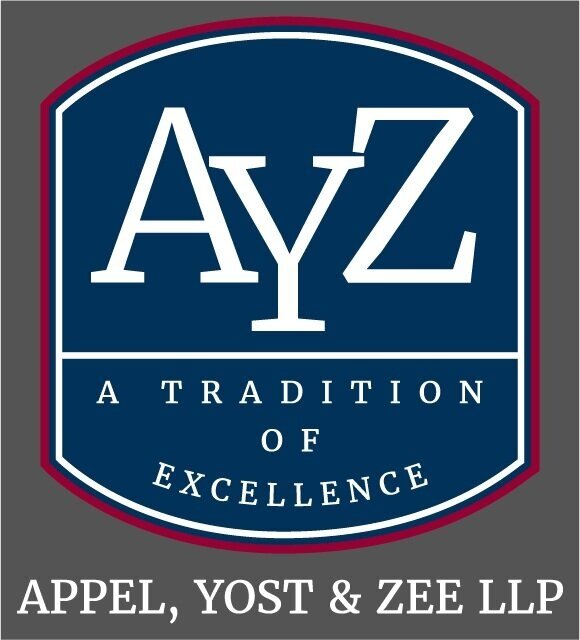How Schools Should Navigate Competing Requirements of Titles VII and IX
Educational entities continue to navigate implementation challenges stemming from the overlap of Title IX and Title VII in the employment context. Ensuring legal compliance requires detailed attention to nuanced and competing requirements. This third and final installment in a three-part series presented by the Education Law team at Appel, Yost & Zee offers practical guidance for minimizing legal risk.
At the core of the intersection of Title IX and Title VII in the employment context – much like any school employment issue – is determining what process is due and what procedures apply. However, as noted earlier in this series, the processes and procedures applicable to Title IX and Title VII sometimes conflict.
Title IX requires that schools conduct an initial assessment of reported circumstances to determine whether they are most appropriately addressed through discrimination complaint procedures outside the Title IX context, or whether they trigger Title IX procedures. This threshold inquiry is not always clear. School personnel will need to analyze the reported circumstances under applicable legal standards. This analysis should occur in consultation with legal counsel.
Another nuanced decision point for Title IX coordinators is whether to file a formal complaint under the Title IX procedures even if the complainant does not wish to pursue this option. Coordinators must assess whether a formal complaint process is necessary to investigate and adequately address a reported incident. Schools may inadvertently fail to follow the correct procedure if it is later determined unreasonable not to initiate the formal complaint process in response to a report of misconduct. Districts should consider whether they may need to circle back and later initiate the formal complaint process, even after a determination is made to address an issue outside the Title IX context, if information learned during the other investigation reveals that Title IX correctly applies.
With these considerations, school employers should take care to thoughtfully clarify to all participants which law they are operating under so that everyone understands what can and cannot occur procedurally. This includes:
Whether and to what extent the employer can compel participation in an investigation;
The extent to which an employer can compel confidentiality; and
Whether any jurisdictional or technical limitations dictate the manner in which a complaint is received and whether the employer is permitted to move forward with an investigation.
Applying the wrong procedure, e.g., wrongly compelling participation or enforcing confidentiality mandates, could expose an employer to retaliation claims.
While school employers must address a number of threshold inquiries and determine what procedures apply, that does not mean that the other law or procedures won’t ever apply. For example, some alleged unlawful sexual harassment will at first implicate Title IX procedures and, later, may also require a response under Title VII requirements. The new Title IX regulations make clear that a school employer is not precluded “from enforcing a code of conduct that is separate and apart from what Title IX requires, such as a code of conduct that may address what Title VII requires.”
As we previously noted, the U.S. Department of Education recently launched an immediate review of Title IX. The review includes, in part, a public hearing, which will begin on June 7, 2021, to gather feedback from students, educators, and other interested parties. More information about the public hearings is available here.
The Education Law team at Appel, Yost & Zee will continue to follow developments and changes related to Title IX. If you have any questions regarding this information, please reach out to William J. Zee, Esquire, or any member of the Appel Yost & Zee Education Law Group.
